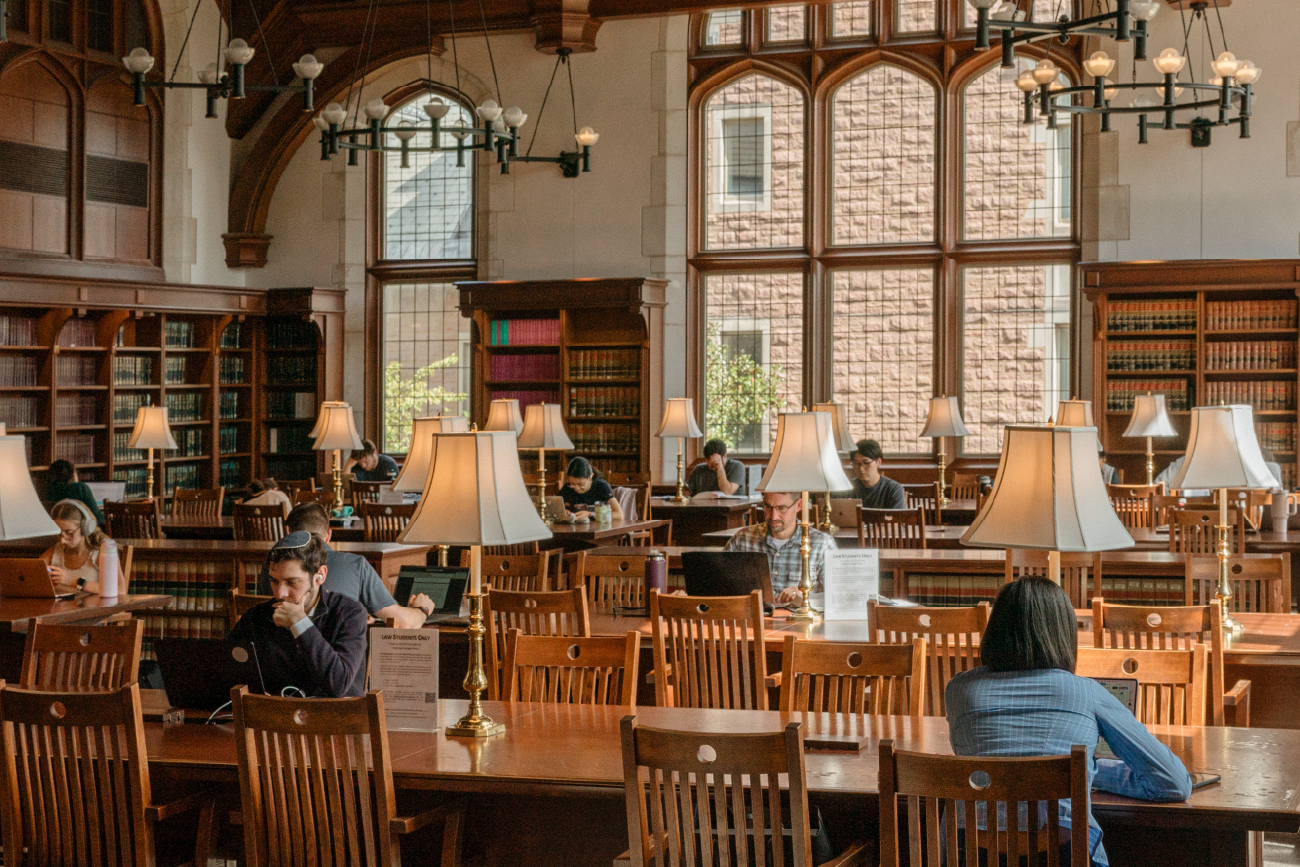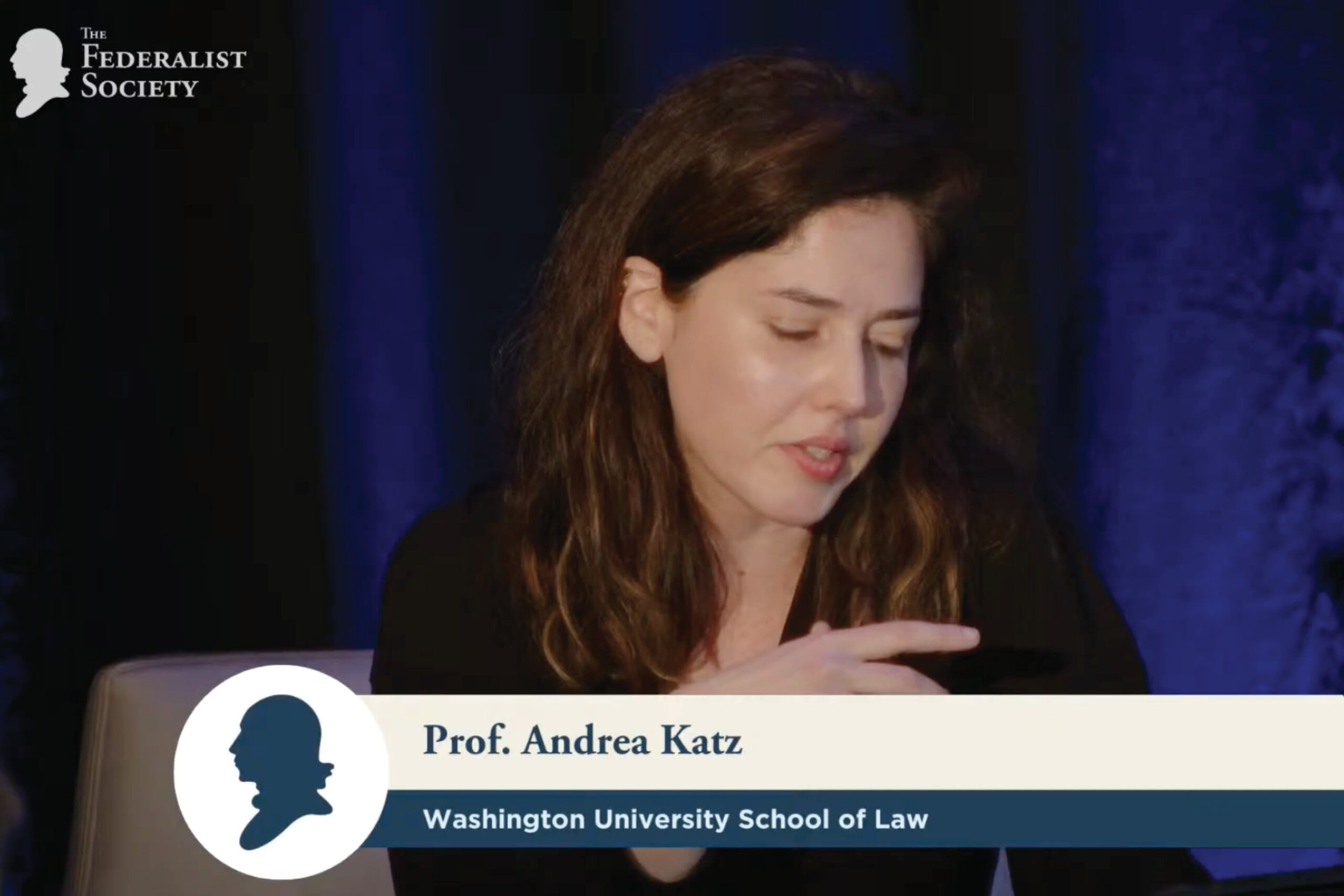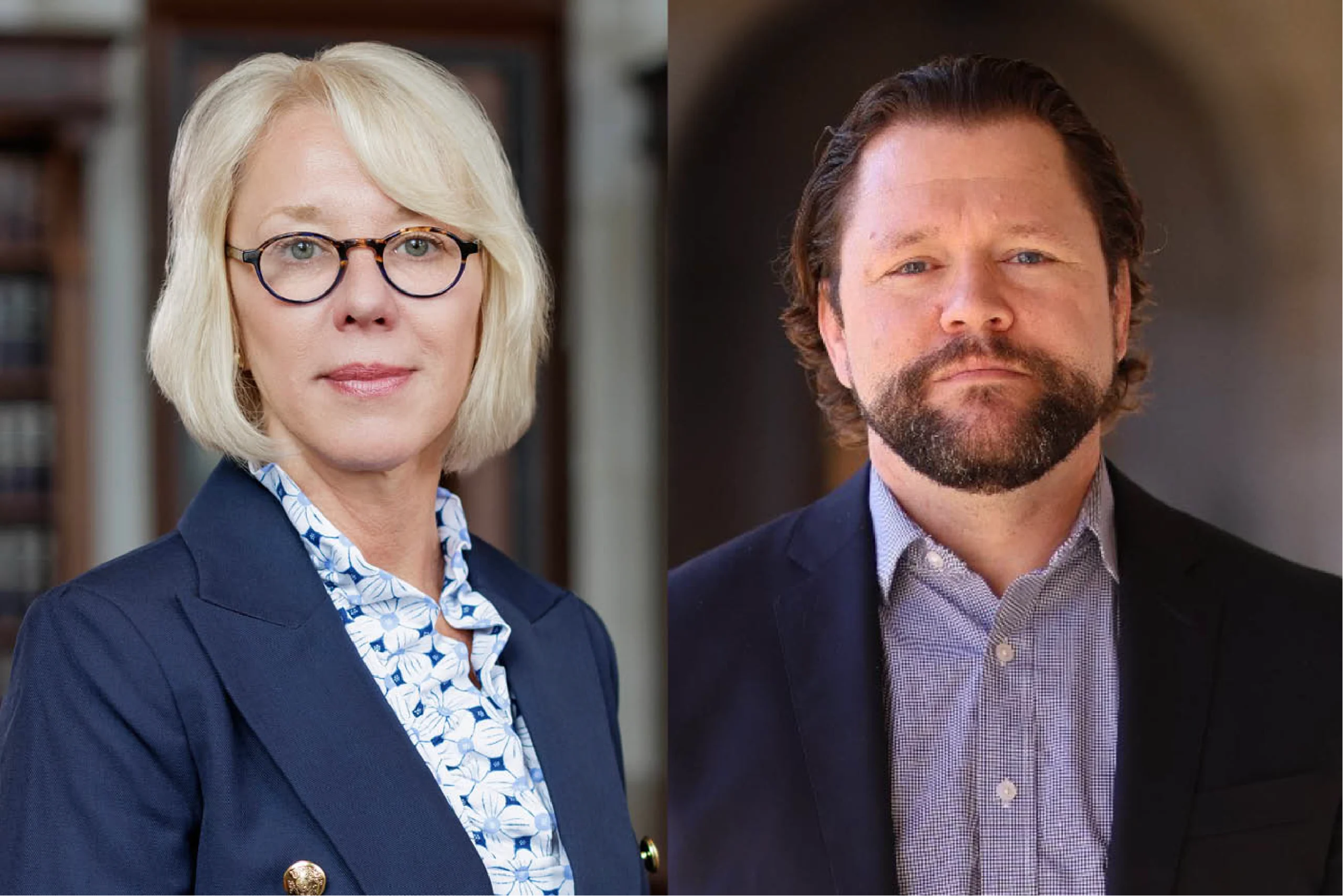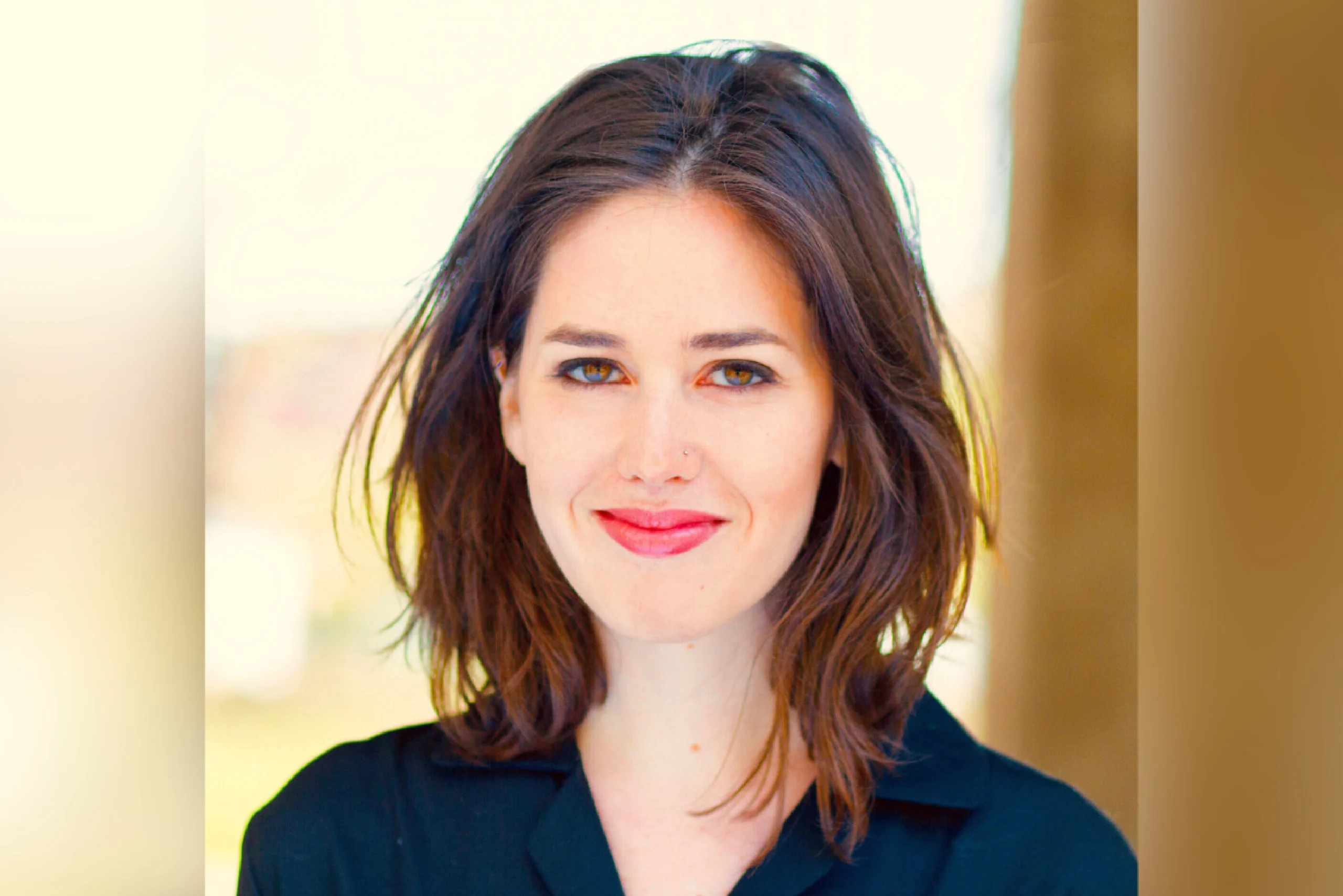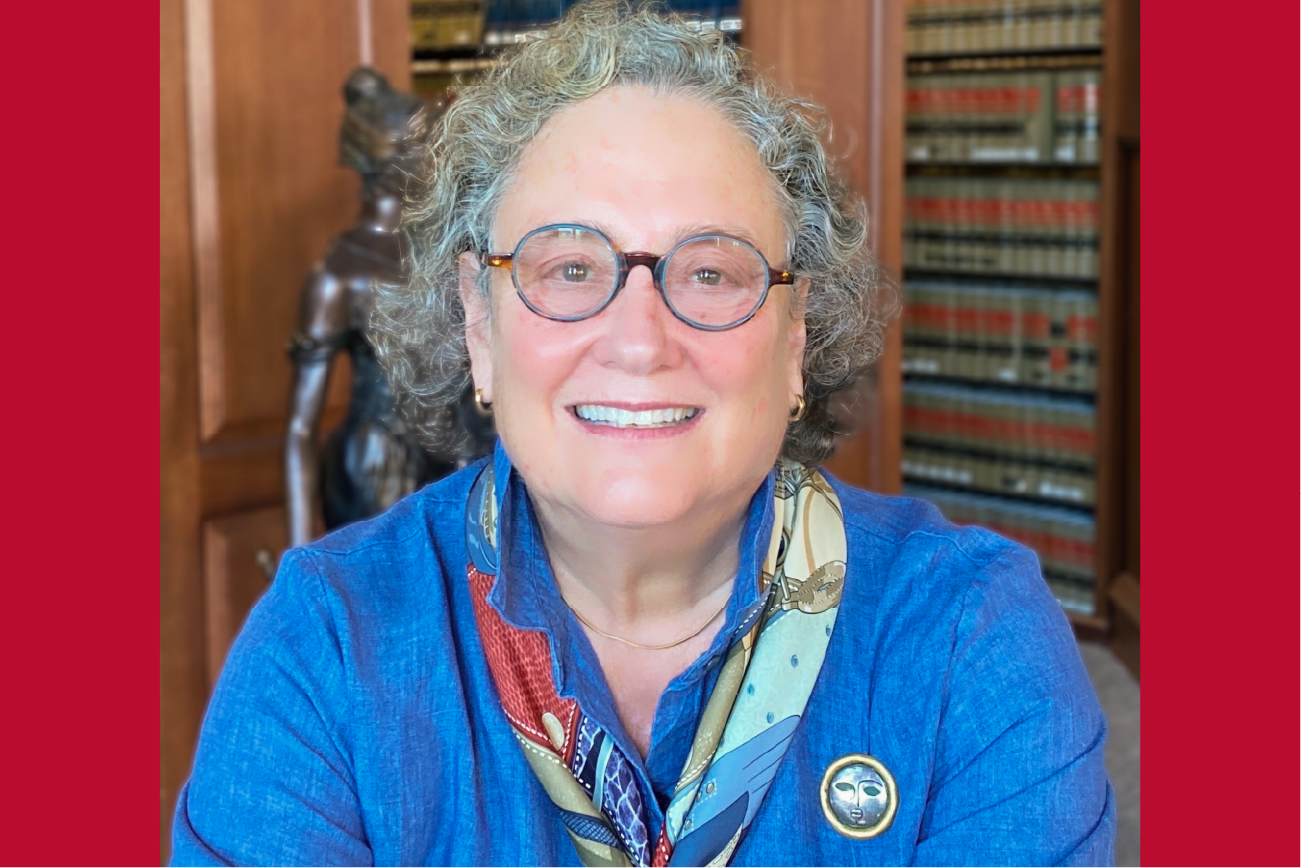
When Susan Appleton graduated law school in the early 1970s, she was part of a generation shaped by protest, reform, and a reimagining of American institutions of race and gender. It was through this lens that she saw the law as a tool for changing the world, a lens that continues to inform her work more than 50 years later at WashU Law.
Susan is the Lemma Barkeloo & Phoebe Couzins Professor of Law, teaching courses like Adoption and Assisted Reproduction, Regulating Sex: Historical and Cultural Encounters, and Feminist Theories/Feminist Judgments as well as Family Law and Conflict of Laws. Her scholarship addresses reproductive justice, parentage, gender, sexualities, and public assistance for families.
“A lot of law rests on unspoken assumptions about gender and family,” Appleton said. “I’m interested in uncovering those assumptions and understanding not only what law says, but also what it silently reinforces.”
That interest was sparked in the classroom. As a student at the University of California–Berkeley, she took courses with Professor Herma Hill Kay, the law school’s second-ever female professor. Kay made the law come alive through her teaching and Appleton began to see herself in a similar position of educating bright legal minds.
“It’s fitting that two of the courses I took from Professor Kay—Family Law and Conflict of Laws—are now courses I teach here at WashU Law,” Appleton said.
As she began her own legal career, Appleton found herself drawn to family law for its complexity and contradictions.
“The more I studied it, the more I saw how many ideas about family and relationships are actually legal and social constructions. The law, for example, determines who is considered a child’s parent. We assume it’s biology, but it’s a legal determination.”
This theme of examining and exposing the assumptions beneath the law has guided her work for decades. Whether writing on race, gender, or sexuality, Appleton’s scholarship seeks to challenge the status quo and examine the hidden forces shaping the law.
Over five decades at WashU Law, Appleton’s role and reputation have evolved. “When I started, I was the same age as my students–now I’m the age of their grandmothers,” she joked. But some things are as true now as they were when she first stepped on campus. “I still feel that strong connection with my students and I want to do everything I can to help them succeed.”
Outside the classroom, Appleton’s scholarship has elevated WashULaw’s global reputation as a leader in rigorous and innovative legal education. Appleton served on the governing body of the American Law Institute and represents the law school in academic circles around the country. Each year, her calendar fills up with conferences, presentations, and workshops to discuss her own work and support the next generation of scholars.
“One of the great joys in recent years has been mentoring junior faculty,” she said. “It’s a way to carry on the legacy of Professor Kay and so many others who led the way for me.”
Now 50 years into her career, Appleton continues to find joy in the classroom and in her writing. Her current project—a deep dive into the literature on abolishing the family—asks what it would mean to dismantle the legal institution of the family.
“There’s been a lot written about this outside the legal field, but very little in family law. It surprised me. So I wanted to bring that literature into the conversation and see what it might mean for the law.” It’s a bold and difficult topic, but Appleton wouldn’t have it any other way, and she invited Professor Albertina Antognini of Loyola Law School, Los Angeles to join her in the project. “I like solving puzzles,” Appleton said.
Teaching in today’s political climate, however, is a different puzzle altogether. “It’s awkward to teach law when law itself is under attack,” she said, citing concerns about the erosion of legal norms and institutions in recent years. “It’s hard to stand firm on principles that once felt neutral, like respecting a judicial order, when those are now characterized as political.”
Still, Appleton is having fun. “Doing this work—writing, teaching, learning—it’s more exciting than any alternative I can imagine,” Appleton said. “Retirement doesn’t hold much appeal.”
Outside WashU Law, Appleton loves the theater, traveling, reading, swimming, hiking, trying new cuisines, and spending time with her grandchildren. She and her family have upcoming trips to Hawaii and Cape Cod.
Across decades of teaching, scholarship, and service, Susan Appleton has left a lasting mark on WashU Law and the broader legal field. Still, her curiosity remains sharp, her door open—and her ambition clear. At a recent event honoring her 50 years at WashU Law, faculty members gathered to celebrate Appleton’s many accomplishments and her enduring impact on the school.
“Susan is a scholar of courage, conviction, and a desire to do justice,” said Karen Tokarz, Charles Nagel Professor of Public Interest Law & Policy, who collaborates with Appleton on the undergraduate course Law, Gender & Justice. “She is a pioneer and champion in the battle for equal opportunities for women.”
“Professor Appleton has shaped generations of lawyers with her intellect, compassion, and commitment to justice,” said Dean Stefanie Lindquist. “We are profoundly grateful for her dedication and service to WashU Law and its students for 50 years.”
“I’ve spent so much of my life here at WashU,” Appleton said. “I can’t imagine doing anything else or being anywhere else.”
